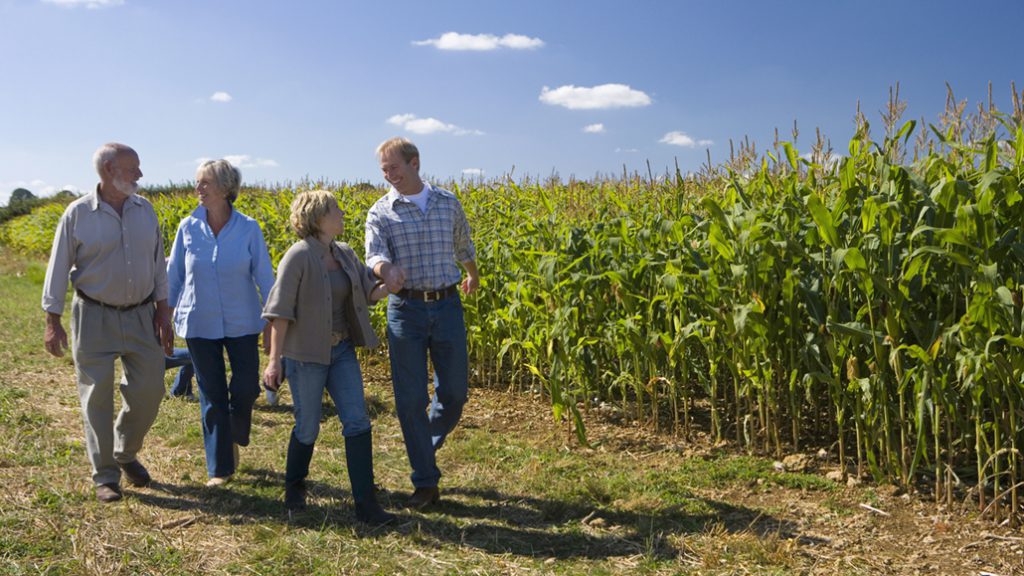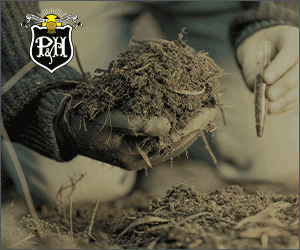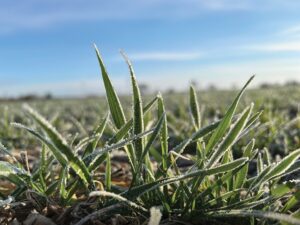Finding fairness
PROVIDING FOR ALL MEMBERS OF THE FAMILY

MAKING FARM TRANSITION plans fair for everyone involved can be tough, but it is doable and can be rewarding, according to two experts in the field.
“It’s no longer 1983 — today, founders live longer, farming is more complex, and there are millions of dollars in assets involved,” says Elaine Froese, a professional farm family coach, author, and speaker who operates out of southern Manitoba.
“The transition of farm assets may come with a lot of risk (debt, Mother Nature, markets, etc.) yet most other people who have been employed have a retirement plan. Few farmers do because everything gets plowed back into the farm,” says Jolene Brown. Brown is a farm family consultant, author, speaker, and farmer based in Iowa.
While each takes a slightly different approach, both have decades of experience, share a passion for agriculture and farmers, and are positive about how families can successfully make generational transitions.
FAIR
Froese’s definition of fairness is helping everyone be successful. She uses FAIR as an acronym to describe the elements that need to be present for everything to work.
Financial transparency means the founders are open with the books, the viability of the farm, and their own wealth. They also share with their children their ideas for financial security in the future. Debt servicing, gifts to heirs, and income stream expectations also figure into financial considerations.
Attitudes toward money are critical, as well. Both Froese and Brown say that it’s generally not a good idea to equate love with money. Froese says that, rather than money, the parents might consider providing their heirs gifts of a vehicle, university education, or a house down payment instead. Brown says that it’s important to work through who has put ‘sweat equity’ into the farm and what fair and equal means to the family members.
Intent is important to understand what family members actually desire and want. In some cases, it involves a large network of people with a variety of goals — parents, farming children, non-farming children, in-laws, sibling groups, grandparents, and so on. People don’t always know what they want until they think about it, and making the wrong assumptions about others can derail the process.
Role expectations — who has the power, who is managing the business, and who is doing the day-to-day work — and how the members feel about themselves and others are also part of the fairness discussion. Both advisors say that having job descriptions and ensuring family members can actually do the work is essential. Employing relatives just because they are part of the family is a bad idea.
SEPARATING FAMILY AND BUSINESS
Brown asks three questions of her clients to get the process started: Do you want the integrity of the business to continue, yes or no? When will you transfer leadership and ownership of the business? To whom will you transfer ownership?
Once she gets those questions answered, she says, it is relatively easy to work through transition, if the family has good, professional advisors.
Brown is a firm believer in farms operating as a business-first family rather than a family-first business because getting the business part right honours the family and secures the future for both the enterprise and relationships among family members.
“The purpose of my work is to increase their productivity, profitability, and peace of mind so that families can sit together happily at a holiday table,” she says. “You can only do that if you operate as a business.”
She says that about 95 per cent of those who contact her work as a family-first business. They operate their business on hope, assumption, wish, habit, and tradition. When they encounter some kind of crisis — family disagreement, death, disability, divorce, financial or natural disaster — they don’t have the tools to positively navigate it.
This is why she is also adamant about the importance of having a business structure with a buy-sell agreement. Whether it is a partnership, corporation, or limited liability company, having a foundation from which assets can be incrementally transitioned to the next generation helps avoid terrible situations.
She cites an example in which a son who worked the farm for 40 years wound up with only a third of the estate while two siblings who had never participated received equal shares.
COMMUNICATION KEY
“Call a farm meeting,” Froese says. “Don’t do it during a gathering at Thanksgiving or Christmas — it has to be separate.” She suggests using a talking stick, in which only one participant can speak at a time, and flip charts.
“You need to listen well and respond to concerns,” she says.
Froese co-developed an online course with conflict specialist Dr. Megan McKenzie called ‘Get Farm Transition Unstuck’ to help families who are ready for better communications to overcome barriers that get in the way of a plan.
Brown suggests having meetings with advisors, attorneys, accountants, and financial planners beforehand and to have a facilitator at the family meeting.
She thinks that a good plan is to have the founders provide draft copies of the appropriate documents to each of the heirs, have them read them over, and come back with their thoughts.
Both Brown and Froese say that transition planning and implementation is a process that takes time, and both subscribe to the idea that ‘if it’s not written down, it doesn’t exist’.
“Everyone deserves to know the rules of the game,” Brown says. “You need wills and buy-sell agreements with terms that can be fulfilled.”
She says buyout agreements can be structured to last as long as 15 to 20 years, depending on the circumstances.
NON-FARMING HEIRS
Brown also suggests that, for non-farming heirs, it’s a good idea to separate land from operations (she defines operations as ‘crops, critters, machinery, and people’) in the business structures.
“You want to have those who know how to farm in the operational side of the business,” she says. The land could be owned by several heirs, but operational heirs could have the first opportunity to rent or buy land, with defined terms, from the non-farming heirs.
The agreement can also be structured in such a way that non-farming heirs are paid once or twice a year to receive a return on their investment as land owners.
Both experts believe that planning for moving the farm business from one generation to the next can actually be an uplifting experience.
“Farming is not about the number of animals farmers raise or the number of acres they own — it’s about the people,” Brown says. “While many put it really low on their priority list and think transition is a source of pain, it can be a source of great joy, when you do it right.” •




























